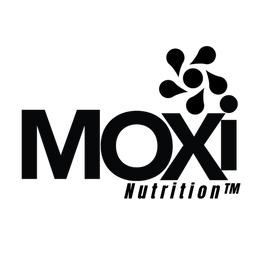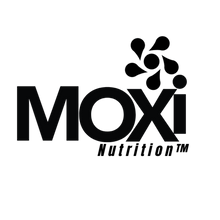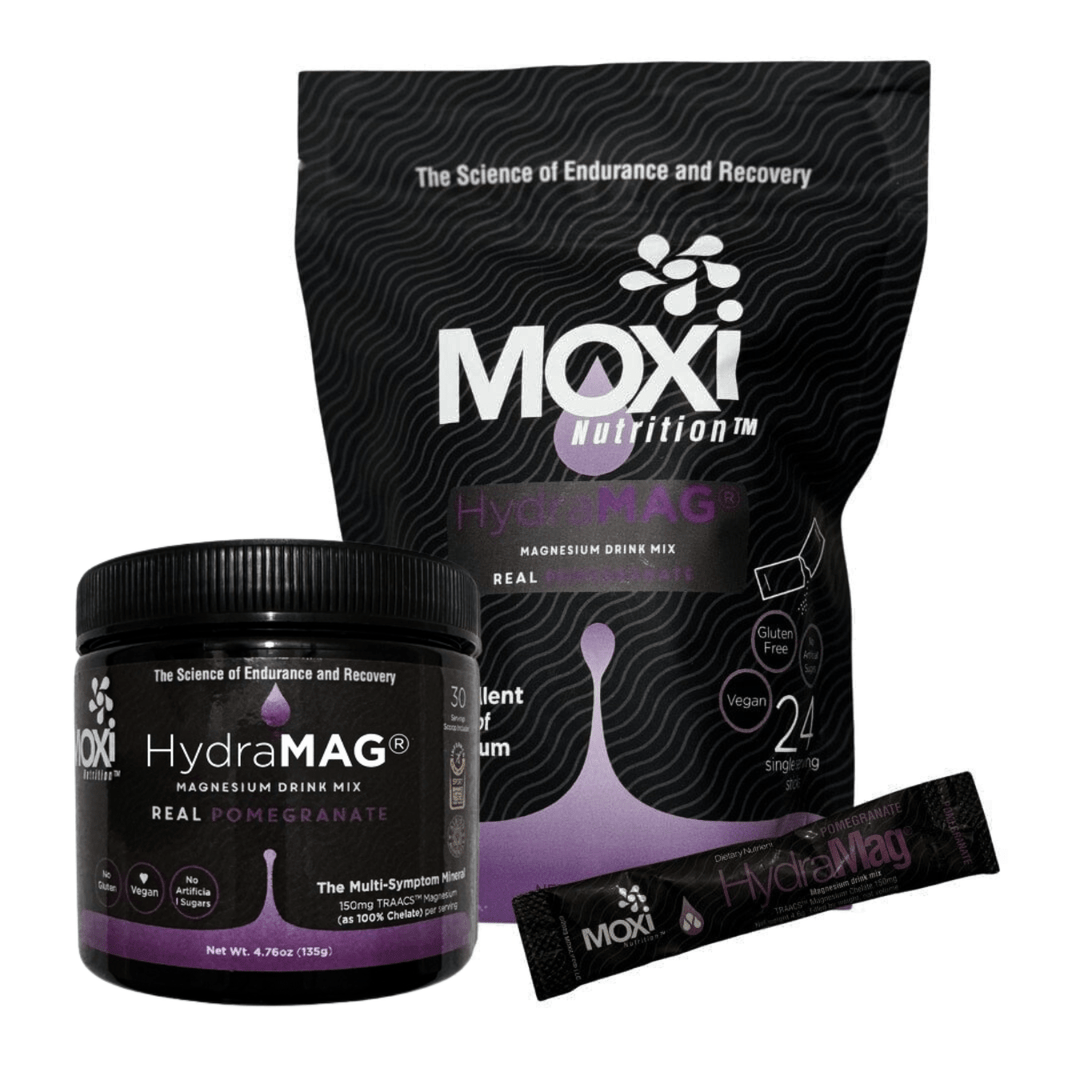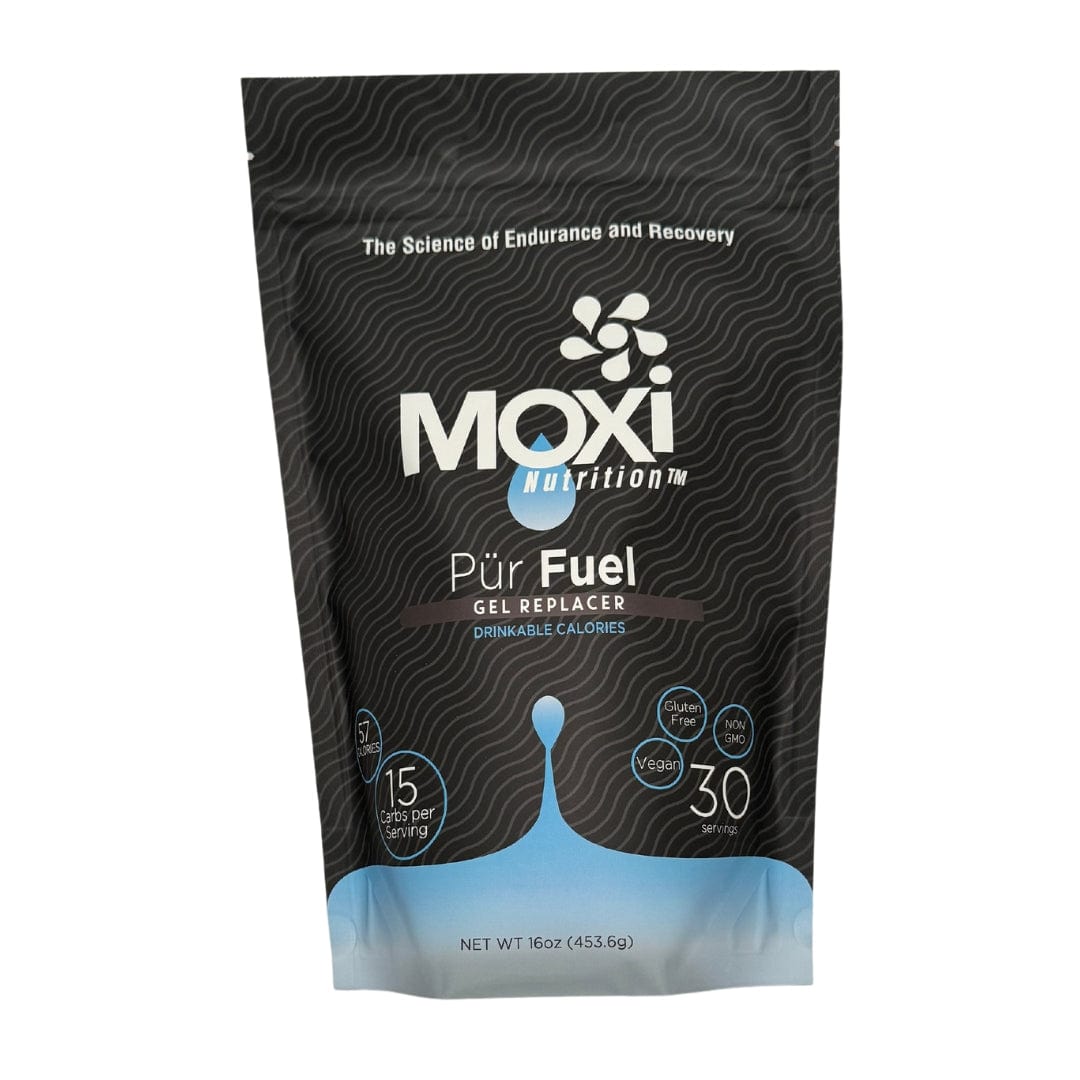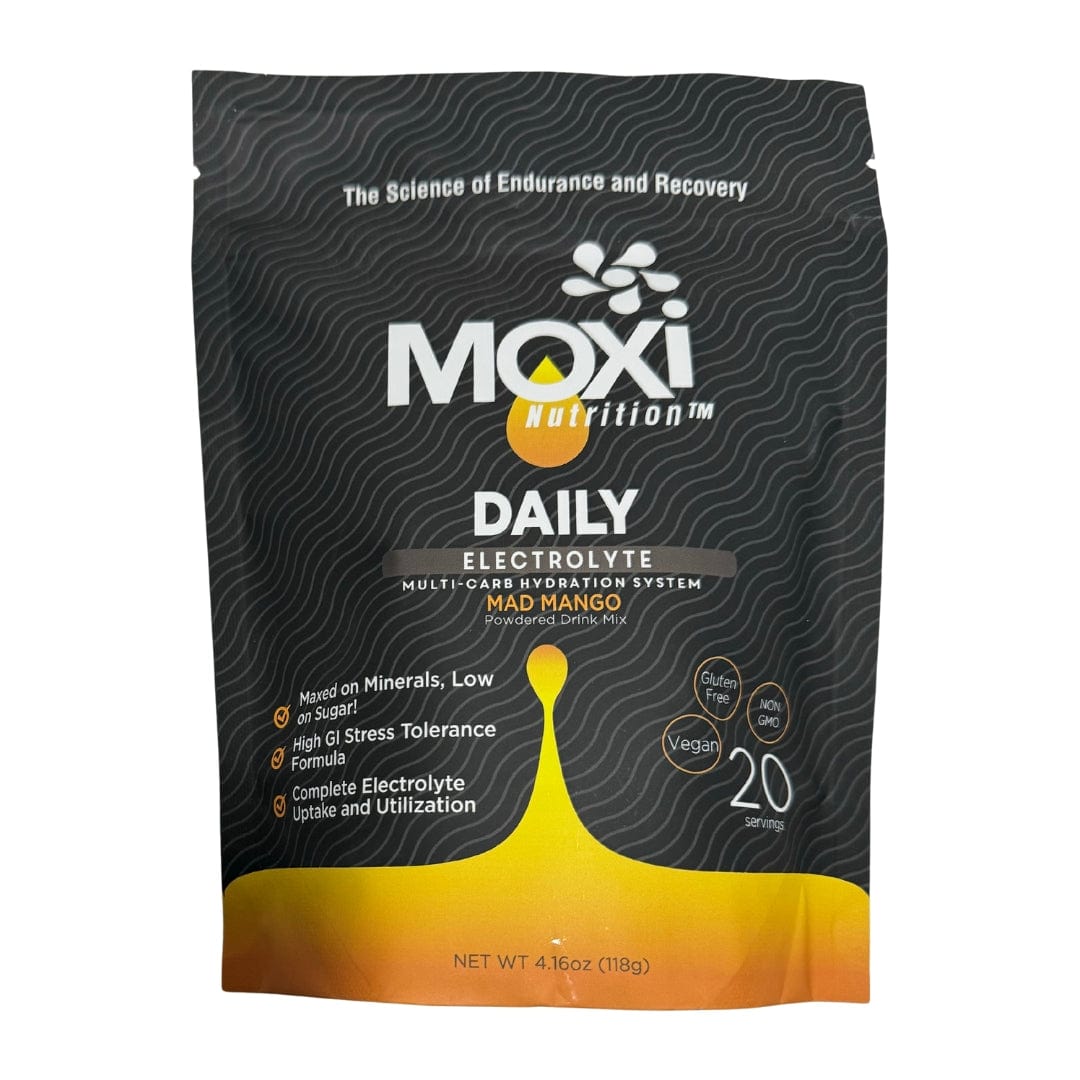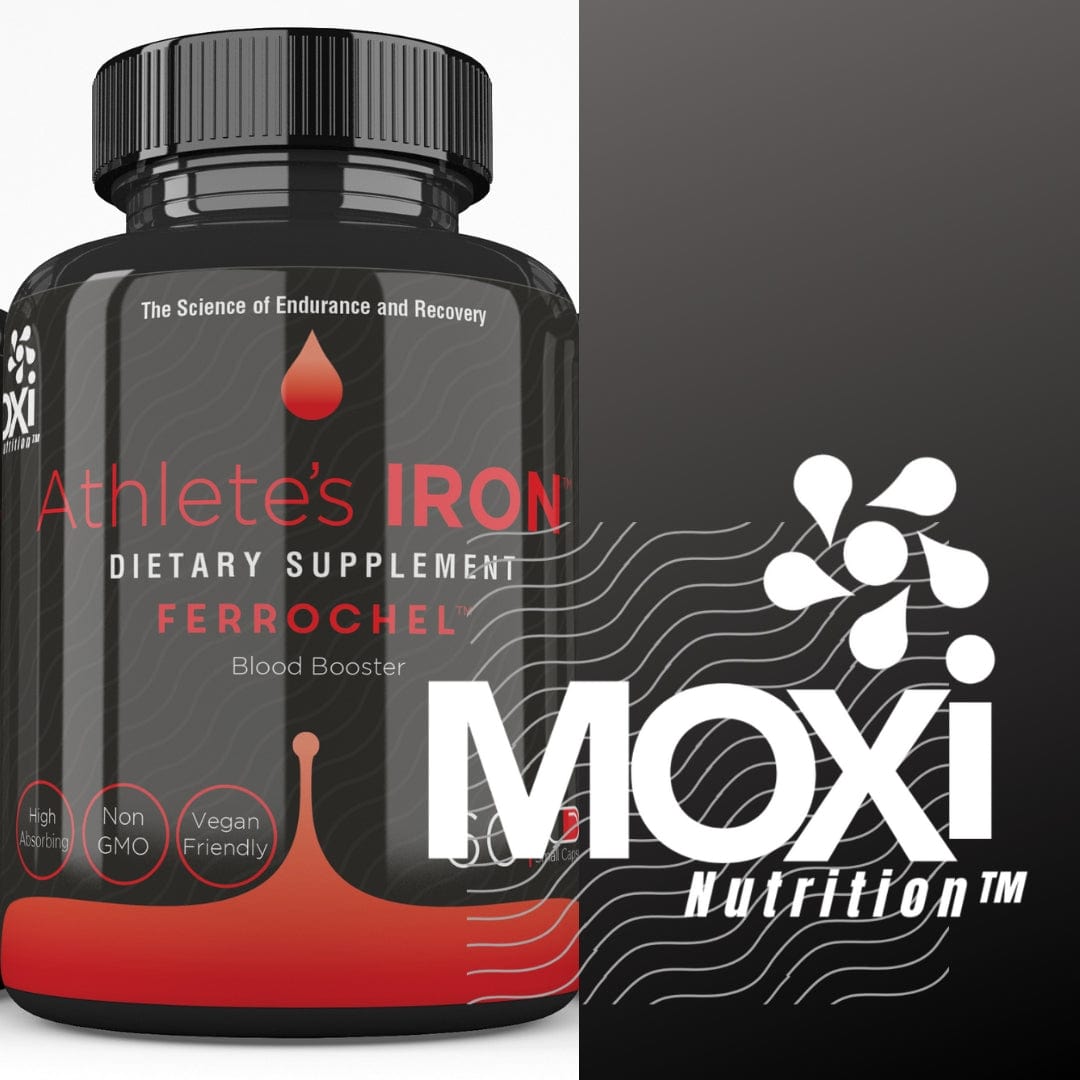Magnesium Benefits vs. Other Minerals for Athletes
Are you aware that nearly 80% of athletes may not get enough magnesium in their diets? This essential mineral plays a significant role in athletic performance and overall health. In this post, we will compare magnesium with other vital minerals, review scientific evidence supporting its benefits for athletes, and discuss optimal intake strategies. By addressing the importance of magnesium, we aim to help you optimize your nutrition plan, improve your performance, and dispel common myths about this powerful mineral.
Understanding the Role of Magnesium in Athletic Performance
Magnesium plays a critical role in muscle function and recovery, influencing how neurotransmitters interact with nerve responses during athletic activities, such as triathlons. This mineral also affects energy production and hormone regulation, making it essential for performance. Athletes should be aware of key magnesium sources and the signs of deficiency, as low levels may be indicated by abnormalities in urine and muscle fatigue.
How Magnesium Affects Muscle Function and Recovery
Magnesium is vital for optimal muscle function and effective recovery in athletes. It assists in energy production by aiding in the conversion of food into fuel, especially from whole grain sources. Adequate magnesium levels help mitigate stress and muscle fatigue, allowing athletes to perform better during endurance events such as marathons and trails.
Furthermore, this mineral influences electrolyte balance, particularly concerning sodium, which is crucial for hydration and muscle contractions. Athletes benefit from incorporating magnesium-rich foods in their diets, maintaining proper levels can enhance recovery times and overall performance. Cooking methods, such as steaming vegetables rather than boiling, can help preserve magnesium content, ensuring athletes receive the most benefit from their meals.
The Impact of Magnesium on Energy Production
Magnesium significantly influences energy production by facilitating the conversion of carbohydrates and fats into usable fuel. This mineral acts through various biochemical processes, ensuring that athletes maintain endurance and peak performance. A systematic review of dietary intake reveals that eating magnesium-rich foods can reduce the likelihood of muscle cramps and enhance overall energy metabolism, which is particularly beneficial during demanding competitions.
In addition to its role in energy production, magnesium also engages in chelation with other minerals, improving nutrient absorption and utilization. This interaction is vital for preventing diseases related to mineral deficiencies, which can hinder athletic performance. By prioritizing magnesium intake in their diet, athletes can support their bodies during intense training sessions and mitigate potential health issues that may arise from inadequate nutrient levels.
Key Magnesium Sources for Athletes
For athletes aiming to prevent magnesium deficiency, incorporating diverse food sources into their diets is essential. Foods such as spinach, almonds, and black beans are rich in magnesium, providing an effective dose to support muscle function and recovery. Moreover, cooking methods play a role; steaming vegetables rather than boiling helps retain magnesium content, ensuring that athletes maximize the benefits of these nutrient-rich options.
Additionally, athletes should consider whole grains, such as quinoa and brown rice, which contain significant levels of this vital molecule. Including nuts and seeds not only boosts magnesium intake but also offers healthy fats and proteins, enhancing overall energy levels. With proper attention to dietary choices, athletes can approach their training with greater confidence, knowing they are supporting their bodies with necessary nutrients for optimal performance.
Signs and Symptoms of Magnesium Deficiency in Athletes
Magnesium deficiency in athletes may manifest through various signs and symptoms, significantly impacting performance. These athletes might experience muscle cramps, fatigue, and increased susceptibility to stress, all of which can hinder their ability to train effectively. Recognizing these indicators is crucial, as low magnesium levels can also affect blood pressure, making it essential for athletes to monitor their body's response to training and recovery.
Key biomarkers for magnesium deficiency include unusual urine output and changes in mood or concentration. A lack of this mineral can lead to difficulties in managing weight and sustaining energy levels during workouts. Athletes who consume diets low in whole grains and green leafy vegetables may be at a higher risk, underscoring the importance of integrating magnesium-rich foods to support their overall health and athletic performance.
Comparing Magnesium With Other Essential Minerals for Athletes
Calcium plays a vital role in muscle contraction and bone health, while potassium is essential for muscle function and hydration. Zinc supports immune function and recovery, and iron is critical for oxygen transport. Understanding the importance of these minerals alongside magnesium allows athletes to effectively manage health care, pain, inflammation, and symptoms like bloating for optimal performance.
The Role of Calcium in Muscle Contraction and Bone Health
Calcium is an essential nutrient that plays a pivotal role in muscle contraction and bone health, making it crucial for athletes engaged in activities like trail running. It acts as a currency for muscle function, enabling muscles to contract effectively during intense physical exertion. Without sufficient calcium, athletes might experience decreased performance, instability, and increased risk of injury.
Moreover, calcium influences the absorption of glucose, which is vital for energy production during demanding workouts. Athletes who consume calcium-rich foods, such as peanuts, can improve their overall nutrient intake, supporting both muscle strength and recovery. Ensuring adequate calcium levels is critical for maintaining optimal health and maximizing performance in competitive activities.
Benefits of Potassium in Muscle Function and Hydration
Potassium plays a crucial role in muscle function and hydration, aiding in the maintenance of homeostasis within the body. This mineral is essential for ensuring proper muscle contraction and relaxation, significantly impacting an athlete's endurance during workouts. When potassium levels are balanced, athletes experience fewer muscle cramps and lower chances of injury, which allows them to perform at their best and maintain a positive mood throughout their training sessions.
Research databases show that adequate potassium intake is linked to improved hydration levels, benefiting overall athletic performance. When athletes are well-hydrated, their bodies can effectively transport nutrients and remove waste, enhancing recovery times and supporting sustained energy levels. By prioritizing potassium-rich foods, such as bananas and sweet potatoes, athletes can help prevent the negative effects of dehydration and fatigue, ultimately leading to better performance outcomes.
Importance of Zinc for Immune Function and Recovery
Zinc plays a crucial role in boosting immune function, which is vital for athletes who push their bodies through intense training and competitions. This mineral assists in maintaining the integrity of immune cells, supporting the body's response to pathogens and radical threats. For athletes, those fluctuations in performance due to illness can hinder training sessions, making adequate zinc intake essential. Foods such as cashews and other nuts provide substantial amounts of zinc, helping to ensure that athletes can effectively manage their health.
Moreover, zinc is linked to neurotransmitter function and can positively affect mood and cognitive abilities, which are important for performance during demanding events. It works synergistically with vitamin B6, influencing protein metabolism and hormone regulation, thus aiding recovery post-exercise. Athletes who incorporate zinc-rich foods, like nuts and seeds, into their diets may find that they experience improved recovery times and overall performance, allowing them to train harder and more efficiently.
Evaluating Iron's Contribution to Oxygen Transport
Iron is essential for athletes, primarily due to its role in oxygen transport within the bloodstream. This vital element combines with hemoglobin, enabling efficient oxygen delivery to muscles during physical exertion. Without sufficient iron levels, athletes may experience fatigue, nausea, and diminished performance, making it crucial to monitor iron intake and optimize digestion for better absorption.
Many athletes seek to enhance their oxygen-carrying capacity, especially during high-intensity sports. Combining iron with compounds like citrulline may improve performance and support cardiovascular health by lowering hypertension risks. Nutrient-rich foods such as lean meats, legumes, and dark leafy greens provide necessary iron, aiding athletes in maintaining energy levels and overall physical function.
Scientific Evidence Supporting Magnesium's Benefits for Athletes
Recent studies indicate that magnesium supplementation can significantly impact athletic performance through improved metabolism and immune system function. Longitudinal research highlights how magnesium interacts with other minerals, influencing overall health and relaxation during recovery. Additionally, case studies show athletes achieving better results by incorporating magnesium sources, such as cashew butter, into their diets, demonstrating the mineral's role in enhancing performance.
Recent Studies on Magnesium Supplementation and Athletic Performance
Recent studies have shown that magnesium supplementation can significantly enhance athletic performance, particularly in anaerobic exercise. Research indicates that magnesium plays a crucial role at the cellular level by facilitating energy production, which is essential for athletes engaged in high-intensity activities. Those who incorporate magnesium-rich foods or supplements alongside a balanced diet containing healthy fats and oils often experience improved muscle recovery and reduced fatigue.
In addition to improving metabolic function, magnesium interacts effectively with various vitamins to support overall health. Some evidence suggests that athletes may benefit from combining magnesium with vitamin D to optimize muscle function and strength gains. Athletes focused on enhancing performance should consider adding magnesium to their nutrition plan as it has the potential to improve energy levels and athletic efficiency during intense training sessions.
Longitudinal Research on Mineral Interactions in Sports
Longitudinal research offers valuable insights into how mineral interactions, including magnesium, influence athlete performance and overall health. Studies have shown that maintaining balanced electrolyte levels, particularly magnesium, plays a significant role in regulating heart rate and energy levels during intense physical activities. This regulation is critical for preventing fatigue and enhancing endurance, ultimately benefiting athletes in various sports.
Moreover, research indicates that magnesium may have a protective effect against conditions like type 2 diabetes, which can adversely impact an athlete's performance. By supporting proper energy metabolism and stabilizing blood glucose levels, magnesium facilitates optimal physical output. Understanding these interactions enables athletes to make informed dietary choices, incorporating minerals like magnesium and other electrolytes for improved performance and overall well-being.
Case Studies of Athletes Improving Performance With Magnesium
Case studies highlight the benefits of magnesium supplementation for athletes engaged in endurance training and strength training. For instance, a group of marathon runners demonstrated enhanced oxygen utilization and greater stamina after integrating magnesium-rich foods into their healthy diet. Their improved physiology during intense workouts showcased how this mineral supports energy production and muscle function.
In another example, weightlifters experienced noticeable gains in strength and recovery by prioritizing magnesium intake. By incorporating magnesium supplements, these athletes reported reduced muscle fatigue, allowing for more effective training sessions. Such findings suggest that optimizing magnesium levels can play a key role in improving athletic performance, particularly for those focused on maximizing their fitness potential.
Optimal Dosage and Intake of Magnesium for Athletes
Understanding the recommended dietary allowances for various athlete categories is essential for ensuring optimal magnesium intake. Timing magnesium intake can enhance performance during aerobic exercise and aid in reducing delayed onset muscle soreness. However, athletes should also be aware of the risks associated with overconsumption, particularly regarding its potential effects on concentration and weight loss. The following sections will address these key points, providing practical insights for maximizing the benefits of magnesium oxide while avoiding pitfalls.
Recommended Dietary Allowances for Different Athlete Categories
The recommended dietary allowances (RDAs) for magnesium vary based on an athlete's lifestyle and the intensity of their physical activity. For instance, endurance athletes, who require higher energy levels and muscle recovery, may benefit from increased magnesium intake, often suggesting around 400-420 mg for men and 310-320 mg for women. Athletes participating in sports focused on strength may also see favorable effects from similar magnesium levels, particularly when balanced with proper nutrition and hydration practices, including adequate carbohydrate sources from cereals and moderation of sugar intake.
To optimize performance and recovery, athletes should consider their specific needs and balance their magnesium intake with other essential minerals. For example, ensuring sufficient magnesium levels can support the body’s production of GABA, a neurotransmitter that aids relaxation and recovery after intense workouts. Therefore, athletes aiming for peak performance should work to include magnesium-rich foods in their diet while paying attention to overall nutrition to cultivate a more effective training regimen.
Timing Magnesium Intake for Maximum Benefits
Timing magnesium intake can significantly influence its benefits for athletic performance and recovery. Athletes are advised to consume magnesium-rich foods, such as soybeans and whole grains, during meals, as this timing enhances the mineral's absorption and efficacy. Integrating magnesium with other nutrients, like enzymes that facilitate digestion, can improve the overall effectiveness of a diet designed for optimal athletic performance.
In addition, consuming magnesium before workouts may aid in muscle function and reduce the risk of cramps. Pairing magnesium with carbon-rich foods, like bananas or sweet potatoes, supplies the body with additional energy sources while promoting effective digestion. For athletes seeking to maximize their performance, strategically timing magnesium intake can help manage energy levels and support recovery processes, ultimately leading to improved outcomes during training and competitions.
Risks of Overconsumption and Its Effects on Performance
Excessive magnesium intake can lead to health complications, including hypocalcemia, which occurs when calcium levels drop too low. This condition may disrupt muscle contractions and recovery, ultimately affecting athletic performance. Athletes need to be mindful of their magnesium consumption, as too much can also result in dehydration, hampering their ability to maintain endurance during rigorous activities.
Additionally, an overload of magnesium can interfere with the absorption of other key nutrients, such as iron and amino acids, necessary for optimal muscle function and recovery. Athletic diets should aim for a balanced intake that promotes effective nutrient absorption. Awareness of the appropriate magnesium dosage not only maximizes performance but also sustains overall athlete health.
Integrating Magnesium Into an Athlete’s Nutrition Plan
Tailoring meal plans to include magnesium-rich foods is essential for athletes seeking optimal performance. Research shows that adequate magnesium levels can improve absorption of nutrients critical for athletic function, such as adenosine. Supplements can help achieve sufficient magnesium intake, especially in those at risk for metabolic syndrome. Balancing magnesium with other essential nutrients is vital for managing blood pressure and enhancing overall health.
Tailoring Meal Plans to Include Magnesium-Rich Foods
To optimize an athlete's performance, meal plans should incorporate magnesium-rich foods that enhance nutrient density. For instance, including leafy greens like kale not only boosts magnesium levels but also provides essential vitamins and minerals that support overall health. Food sources such as legumes and whole grains can serve as effective alternatives to supplements like magnesium oxide, ensuring athletes receive adequate intake without the need for medication.
Incorporating magnesium into daily diets can also promote proper tissue function and recovery. Athletes can benefit by adding snacks like nuts or seeds to their meals, which are both rich in magnesium and offer healthy fats for energy. By prioritizing these food choices, athletes can support muscle recovery and overall athletic performance, addressing common concerns such as fatigue or muscle cramps.
The Role of Supplements in Achieving Adequate Magnesium Levels
Supplements can play a crucial role in helping athletes achieve adequate magnesium levels, particularly for those at risk of deficiency due to intense training regimens. Randomized controlled trials indicate that magnesium supplementation not only improves muscle function but also supports bone health by enhancing bone mineral density. This is especially beneficial for athletes who may experience increased stress on their skeletal system during high-impact activities.
Further studies suggest that supplementing with magnesium may help mitigate the risk of cardiovascular issues, including heart failure, by promoting better heart health. Incorporating magnesium supplements into an athlete’s nutrition plan allows for the easy adjustment of daily intake, ensuring they meet their specific needs without the complexities of dietary changes. By addressing potential deficiencies proactively, athletes can maintain performance, recover effectively, and enhance overall well-being.
Balancing Magnesium With Other Essential Nutrients
Balancing magnesium with other essential nutrients is critical for athletes aiming to optimize their performance. For instance, magnesium citrate is a form that enhances bioavailability, allowing for better absorption alongside other minerals such as calcium and zinc. Ensuring that dietary choices support biochemistry can promote overall health, fostering an environment where athletic performance thrives.
Regular blood tests can help athletes monitor their mineral levels, ensuring an adequate balance. This approach allows individuals to identify potential deficiencies that could impact performance. By prioritizing magnesium-rich foods while combining them with other nutrients, athletes can create a well-rounded nutrition plan focused on enhancing their overall well-being and physical capabilities.
Addressing Common Myths About Magnesium and Sports Performance
This section aims to dissect misinformation about mineral supplements, specifically addressing misconceptions around magnesium's role in hydration, its relationship with malic acid, and its influence on the central nervous system. Further insights will clarify the reality of magnesium sources and absorption, emphasizing how factors like the menstrual cycle can affect individual mineral needs and vasodilation response during exercise.
Dissecting Misinformation About Mineral Supplements
Many misconceptions surround mineral supplements, particularly regarding the role of magnesium in athletic performance. One common myth suggests that taking magnesium capsules can directly enhance muscle contraction and reduce lactic acid buildup during workouts. While magnesium is essential for these functions, its effectiveness is greatly influenced by an athlete’s overall diet and lifestyle, which must include a balance of nutrients from sources like rice and other magnesium-rich foods.
Another prevalent misunderstanding is that all mineral supplements provide the same benefits for skeletal muscle health. Athletes may overlook how critical minerals interact with each other; for instance, calcium and potassium also play significant roles in muscle performance. By prioritizing a well-rounded diet that includes both mineral supplementation and food sources, athletes can achieve better outcomes in muscle function and recovery while avoiding performance-limiting deficiencies.
Clarifying Misconceptions on Magnesium’s Impact on Hydration
Many individuals mistakenly believe that magnesium alone is crucial for hydration during athletic performance. While this micronutrient supports various bodily functions, including muscle contractions and energy metabolism, hydration relies more heavily on a combination of nutrients, particularly electrolytes like sodium and potassium. A well-balanced diet that includes spinach and other magnesium-rich foods can enhance overall hydration status, but it is essential for athletes to understand that hydration goes beyond just one mineral.
Nutritionists emphasize the importance of maintaining adequate magnesium levels to promote quality sleep and recovery, which indirectly supports hydration. Poor sleep can lead to imbalances in fluid levels and affect performance. Athletes aiming to optimize their sports nutrition should consider a holistic approach that balances magnesium with other key nutrients to ensure their bodies function efficiently, especially during intense training and competition.
Understanding the Reality of Magnesium Sources and Absorption
Magnesium sources, such as magnesium chloride, play a crucial role in ensuring optimum absorption and utilization within the body. This mineral is essential for counteracting oxidative stress, which athletes may face from intense training. Integrating magnesium-rich foods into a balanced diet can enhance overall physical performance while supporting cognitive functions, particularly within the brain, crucial for focus and decision-making during competitions.
Understanding how magnesium supports nitric oxide production is vital for athletes looking to improve circulation and exercise efficiency. Adequate intake can also aid in weight management, as it helps regulate energy metabolism. By addressing these aspects, athletes can recognize the importance of magnesium in their nutritional strategies, ensuring they maintain peak performance levels while mitigating the negative impacts of rigorous training.
Conclusion
Magnesium plays a vital role in enhancing athletic performance by supporting muscle function, energy production, and recovery processes. When compared to other minerals like calcium, potassium, zinc, and iron, magnesium stands out due to its unique contributions, such as balancing electrolytes and facilitating nutrient absorption. Athletes should prioritize magnesium-rich foods and consider supplementation to optimize their physical capabilities and overall health. Integrating magnesium into nutrition plans alongside other essential minerals can lead to improved endurance, reduced fatigue, and better recovery outcomes.
